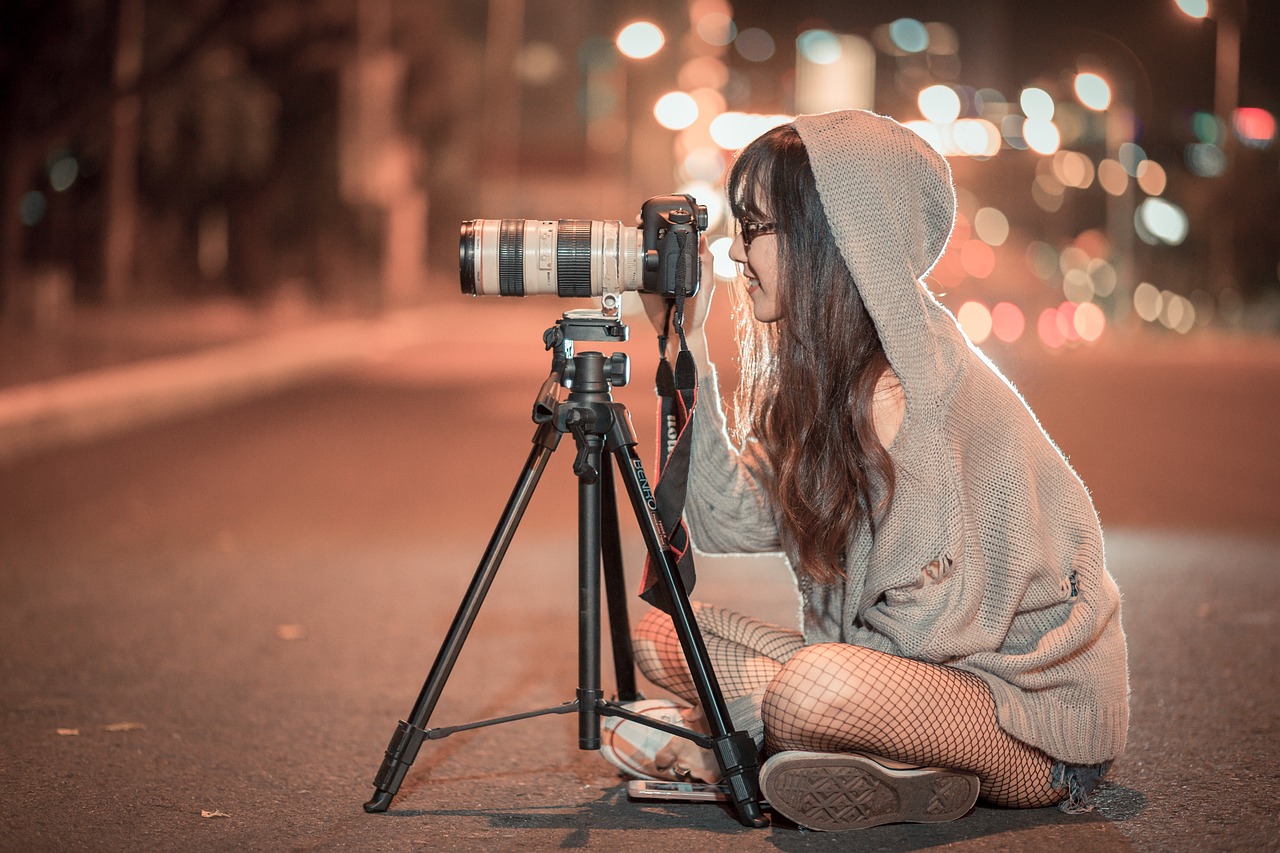Webcams are light and compact, and quality has gotten better as videoconferencing has become more popular. Most laptops and many new monitors have webcams built in.
But have you ever seen serious photographers with massive lenses that cost thousands of dollars?
https://pixabay.com/photos/night-camera-photographer-photo-1927265/

Image by Kiên Trịnh from Pixabay
They spend big money and haul those things around for a reason:
The bigger lens is a “light vacuum.” They get more detail, better color, less distortion, and fewer reflections.
Then there’s the other extreme. Would you ever see a serious photographer show up with a tiny lens the size of the one on your laptop?
Newer cell phones even offer multiple camera lenses to help produce quality images in different light and distance conditions.
So if we want to look great on-screen, why are we settling for these tiny lenses? Sure, they’re compact but photographers have some lessons to teach us about the benefits of quality optics.
So what’s the solution?
I have two camcorders in my setup mounted on camera stands behind my monitor and on the wall in front of my green screen. One is actually a 2009 Canon I hadn’t used for years until I thought of repurposing it as a webcam. It’s on for hours every day and I can manually zoom in or out to frame my image. I even bought a spare, new-in-the-box one on eBay for a hundred dollars.
Many new full-sized and compact cameras have been designed especially for digital video production, video blogging, and virtual speaking.
If you want to be a professional speaker, it only makes sense to look and sound better than the average laptop “videochatter” in your audience.
Upgrading your camera is a quick and easy way to upgrade your on-screen appearance.





